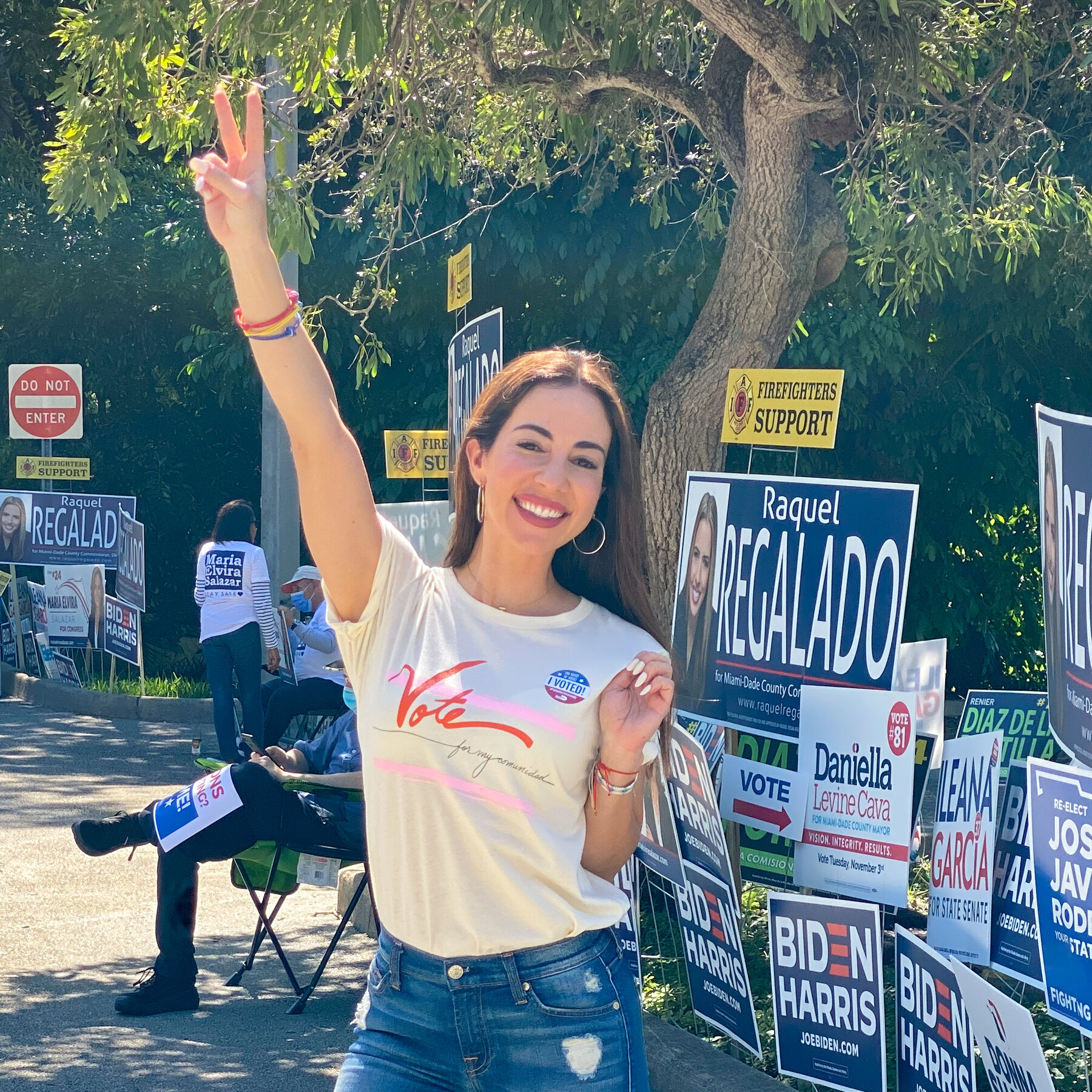On 23 November, less publicized but nonetheless very important elections are slated to take place in Venezuela. Many important positions are up for grabs in these regional elections, including 22 governors, 233 state legislators, 326 mayors, and the mayor of Caracas, one of the most influential political positions in the country.
The elections come at a difficult time for President Hugo Chávez and the increasingly fragile Venezuelan economy. The worldwide financial crisis and plummeting demand for commodities has been devastating to oil-dependent Venezuela. With oil trading at just under $65 dollars a barrel, the president has had to re-evaluate some of his spending, including the social projects that have made him popular with many in Venezuela. He has already trimmed down his military budget, ordering 18 Chinese fighter aircraft as opposed to the 24 planned for in the original agreement. 10 years of privatizations and risky economic policy has seen a flood of FDI leave Venezuela either by choice or direct government intervention. Although the Venezuelan government claims to have over $40 billion dollars in foreign reserves, questions arise as to the sustainability of the economy if oil continues its plunge.
Chávez has also suffered various political setbacks since the last regional elections in 2006. A referendum that would have eliminated term limits was rejected in December 2007. Crime has skyrocketed in Venezuela, and Caracas was rated “The Most Dangerous City in Latin America” according to a report published by Foreign Policy magazine in October 2008. Price controls have led to food shortages of even the most basic items. The current scandal (known by its Spanish moniker Valijagate) in which a Venezuelan-American and other Venezuelan state officials were caught entering Argentina in August 2007 with $800,000 worth of cash for Cristina Fernández de Kirchner’s presidential campaign, has been an embarrassment for both nations.
Since its establishment last year, Chávez has vigorously campaigned for the PSUV (United Socialist Party of Venezuela), which is looking to pick up many of the positions that are at stake. Some of his campaigning has included large speeches to the nation on the weekly program “Alo Presidente” about the importance of the Bolivarian Revolution and voting for people who support it. Other parts of the campaigning have been more intrusive, including the military-backed seizure of an airport in the state of Sucre and the accusation of that state’s incumbent governor as a traitor and threatening him with prison in response to his spoken worries about possible electoral fraud.
It is difficult to predict how Venezuela will vote. Chávez won by a resounding margin in 2006, beating his opponent by over 25 percentage points. The December 2007 referendum was extremely close—signifying not that Venezuelans are disaffected with their leader so much as it shows a fear of and aversion to totalitarian rule. Chávez still represents change from an established order that excluded and marginalized millions. Additionally, the surplus of foreign reserves means that the fall in oil prices will not immediately derail the Bolivarian Revolution, although Venezuela is dependent on petro dollars to stay solvent over the long haul.
Venezuela is at the precipice of a potentially drastic change. How they vote will be a strong measure of the nation’s mood towards their president and the Bolivarian Revolution. As such, even though he is not up for election, the results of November 23 could very well help predict the future of Hugo Chávez.

Reply